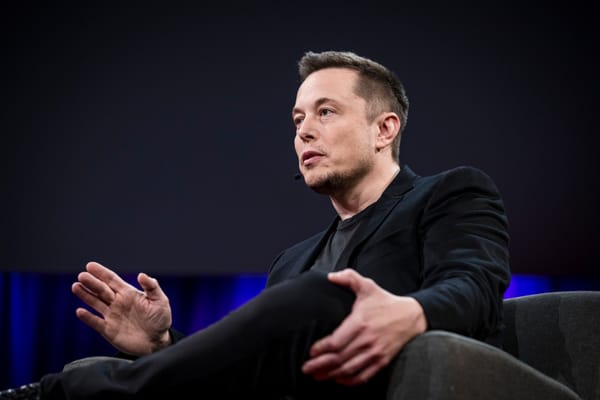If an extraterrestrial—or, for that matter, a human being from anywhere else—were to land in Silicon Valley, the traveler would encounter a distinctive dialect of American English. “Disruption” is something to be pursued for its own sake, not mitigated or avoided. “Exit” is not the way out of a building in case of fire, it is the goal that startup companies aim for, when the early investors get rich.
A less-remarked but even more revealing entry in the tech lexicon is “first principles,” a term derived from ancient philosophy that now serves as a mantra for the tech right. Under an administration in which that faction wields considerable influence, it runs the risk of becoming a governing ideology as well, so this is a good time to get acquainted with its meaning.
We find an early use of the phrase in this milieu in Zero to One, the 2014 startup manual by the entrepreneur and investor Peter Thiel. “The single most powerful pattern I have noticed,” Thiel writes in the book’s preface, “is that successful people find value in unexpected places, and they do this by thinking about business from first principles instead of formulas.” More recently, on the All In podcast—a watering hole of today’s tech right—the phrase “first principles” occurs in fully a quarter of the episodes so far.
In essence, to be a “first-principles” thinker is to renounce all received wisdom and act upon life like a disinterested engineer. Gather the raw materials you have to work with, assess the relevant natural laws, and identify a metric or two that you need to optimize for. Break whatever rules you can, written or unwritten, to find the most economical path to an optimum. The more rules you break, the less likely others will follow, or beat you to the goal.
There is no more able practitioner—or vocal evangelist—of this philosophy than Thiel’s competitor-turned-business-partner Elon Musk, who told an interviewer in 2012: “Particularly as you’re trying to figure out new things, reasoning from first principles is a good way to go, as opposed to reasoning by analogy.” Analogy, to Musk, is following what your predecessors have done instead of starting from scratch every time.
